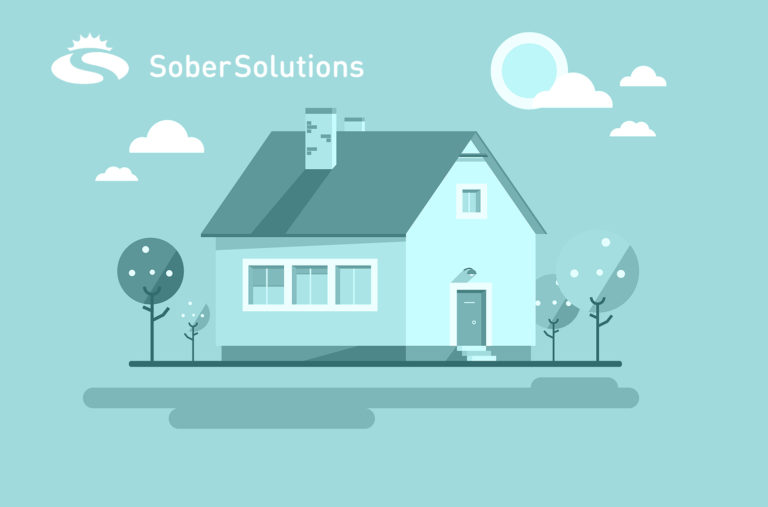
No Image for Center
Child and Family Center Santa Clarita is a substance use treatment center located in Santa Clarita, CA.
Get Help from Child and Family Center Santa Clarita
Accepting that you have an addiction problem and taking the steps to get help can be very difficult. Help is available and you do not have to do it on your own.ᅠ
When researching treatment facilities in Santa Clarita, CA, you should be sure to check all of the reviews and comments written. These treatment alumni comments and reviews will help you learn more about programs offered and amenities, as well as payment options.
Contact Child and Family Center Santa Clarita for more information on the addiction treatment services offered.
Drug and Alcohol Intervention Help
Is Your Family Waiting For Your Loved One To Want Help Or Hit Bottom?
855-416-9832- Type of Care Offered
- Treatment for Substance Use Disorders
- Recovery Treatment Approaches
- Cognitive behavioral therapy. Patients actively participate in therapy sessions to learn how to modify or replace negative thought patterns. The sessions can include one-on-one therapy, groups, and family involvment.
- Substance use counseling approach. This short-term treatment involves encouraging individuals to openly discuss their personal experiences which leads to greater self-awareness and an enhanced ability to work through relationship issues.
- Trauma-related counseling. A treatment approach for PTSD clients and other effects of trauma or abuse. Therapy utilizes cognitive behavior techniques that are adapted for the specific needs of these clients.
- Relapse prevention. Relapse prevention utilizes several CBT modalities that help individuals maintain abstinence by changing the maladaptive behaviors that play a role in their addiction.
- Anger management. Seeks to help patients develop strategies to better manage the anger cycle and improve conflict resolution. Also seeks to reduce emotional and physiological responses to anger.
- Matrix Model. Provides support and guidance by trained therapists to help patients remain in treatment and develop the skills to cease drug use.
- Brief intervention. Substance abusers who are not yet dependent will benefit from a short-term intervention that consists of one to five sessions.
- Motivational interviewing. A treatment approach that seeks to help a person become motivated to change the behaviors that prevent them from making healthier choices in life. Patients also learn to manage the anger or hostility that interferes with their ability to make changes.
- Service Settings (e.g., Outpatient, Residential, Inpatient etc.)
- Outpatient treatment services without an overnight stay at a treatment facility or hospital.
- Intensive outpatient treatment that is similar to ASAM Level II.1, 9 or more hours per week.
- Regular outpatient treatment that is similar to ASAM Level I, outpatient treatment, non-intensive.
- License/Certification/Accreditation
- Licensed by the state mental health department.
- Licensed by the state department of health.
- Facility Operation (e.g. Private, Public)
- Private non-profit organization
- Special Programs/Groups Offered
- Adolescents
- Persons with co-occurring mental and substance use disorders.
- Clients referred from the court/judicial system
- Persons who have experienced trauma
- Facility has a program or group specifically tailored for persons who have experienced sexual abuse.
- Persons who have experienced intimate partner violence, domestic violence
- Transitional age young adults
- Assessment and Pre-treatment
- Comprehensive mental health assessment
- Comprehensive substance use assessment
- Interim services for clients
- Outreach to persons in the community
- Counseling Services and Education
- Individual counseling offered
- Group counseling offered
- Family counseling offered
- Substance abuse education
- Type of Opioid Treatment
- Does not treat opioid addiction.
- Pharmacotherapies
- Medications for psychiatric disorders
- Disulfiram (Antabuseᆴ)
- Transitional Services
- Aftercare/continuing care
- Discharge Planning
- Ancillary Services
- Domestic violence services – Domestic Violence victims are provided safety assistance throughout the program.
- Housing Services offered to assist individuals in finding and maintaining appropriate and affordable housing arrangements.
- Mental Health Services which provides an assessment, diagnosis, treatment or counseling to assist an individual or group in alleviating mental or emotional illness.
- Social skills development
- Transportation assistance
- Case Management provides a case manager for clients and families to monitor their needs and become their advocate and assistant for any services needed.
- Payment, Insurance, and Funding Accepted
- Medicare is accepted. Medicare is the federal health insurance program for people age 65 and older and people with disabilities.
- Federal, or any government funding for substance abuse programs
- Payment Assistance Available
- Sliding fee scale (fee is based on income and other factors). Variable prices for services based on a person’s ability to pay.
- Screening and Testing
- Drug or alcohol urine screening
- Screening for mental health disorders
- Screening for substance use
- Tobacco and Screening Services
- Screening for tobacco use
- Non-nicotine smoking/tobacco cessation medications
- Other Addictions
- Treatment for internet use disorder
- Facility Smoking Policy
- Smoking permitted in designated area.
- Age Groups Accepted
- This facility accepts children and adolescents who exhibit co-occurring mental and substance abuse disorders.
- This facility accepts all young adults through programs which are tailored to co-occurring mental and substance abuse disorders.
- This facility accepts all adults for treatment.
- Gender Accepted
- Female
- Male
- Language Services
- Services for the deaf and hard of hearing.
- Other Languages
- Staff counselors provide treatment in Spanish.
- Tags
- Reviews


